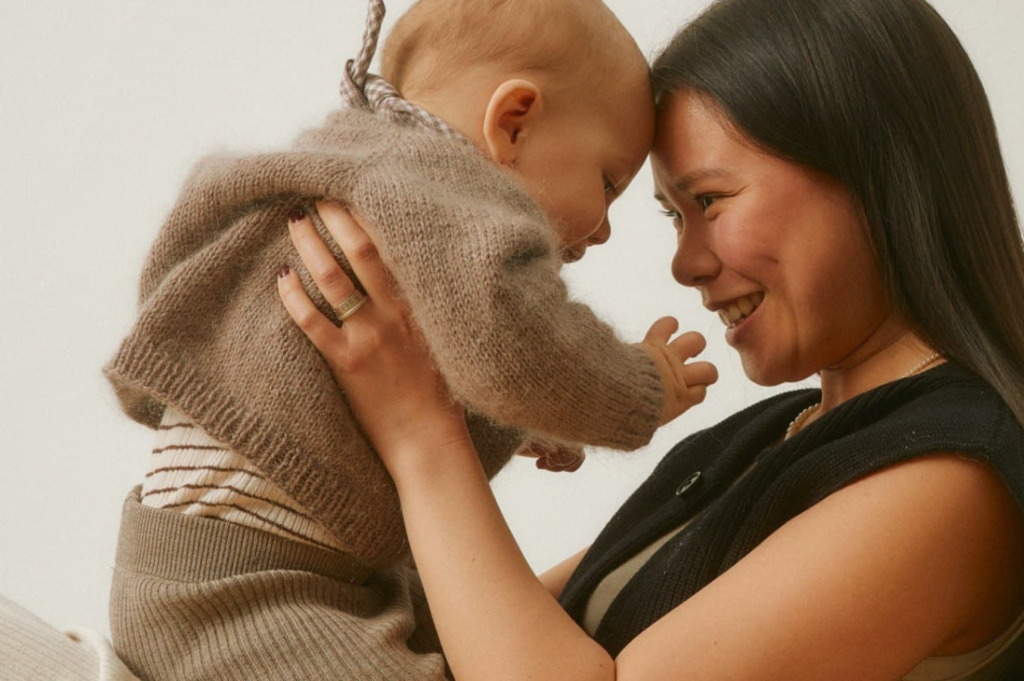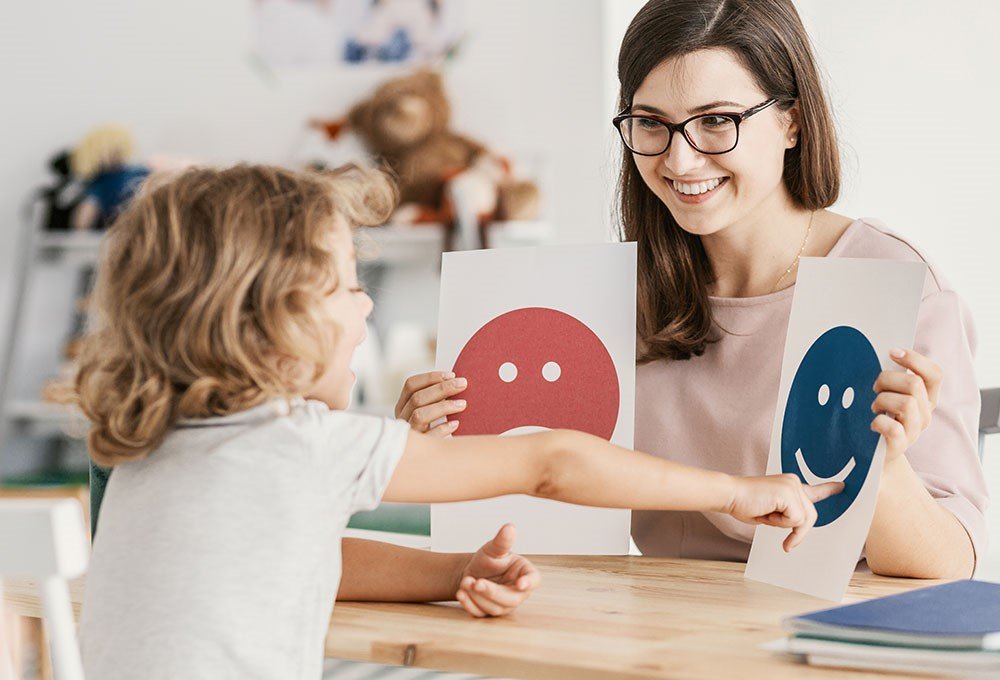Supporting the emotional development of babies involves creating a nurturing environment and engaging in responsive caregiving practices. Here are some ways to support their emotional development:

- Build Secure Attachment: Respond promptly to your baby’s needs, such as feeding, diaper changes, and comfort. This helps build a secure attachment bond, fostering feelings of trust and security.
- Provide Physical Affection: Cuddle, hold, and gently touch your baby often. Physical affection promotes feelings of love, safety, and connection, which are essential for emotional well-being.
- Offer Verbal Affirmation: Use soothing and reassuring words to comfort your baby when they are upset. Your voice can be a source of comfort and reassurance, helping your baby feel understood and loved.
- Maintain Eye Contact: Make eye contact with your baby during interactions. Eye contact fosters a sense of connection and helps your baby feel seen and understood.
- Be Attentive to Cues: Pay attention to your baby’s facial expressions, body language, and vocalizations. Understanding their cues helps you respond appropriately to their emotional needs.

- Encourage Self-Soothing: Allow your baby to learn self-soothing techniques, such as sucking on their fingers or holding onto a lovey, to help regulate their emotions and comfort themselves.
- Create a Calming Environment: Provide a calm and soothing environment for your baby to thrive in. Minimize loud noises, bright lights, and other sources of stress that may overwhelm them.
- Be Responsive to Distress: When your baby is upset or distressed, offer comfort and reassurance. Hold them close, speak softly, and provide physical affection to help them feel safe and secure.
- Model Positive Emotions: Demonstrate positive emotions, such as happiness, joy, and affection, in your interactions with your baby. Your emotional cues serve as a model for your baby’s own emotional expression.
- Establish Predictable Routines: Create predictable routines for feeding, sleeping, and playtime. Predictability helps your baby feel secure and confident, reducing anxiety and promoting emotional stability.
By implementing these practices, you can create a supportive and nurturing environment that fosters your baby’s emotional development and well-being.
Visited 17 times, 1 visit(s) today

